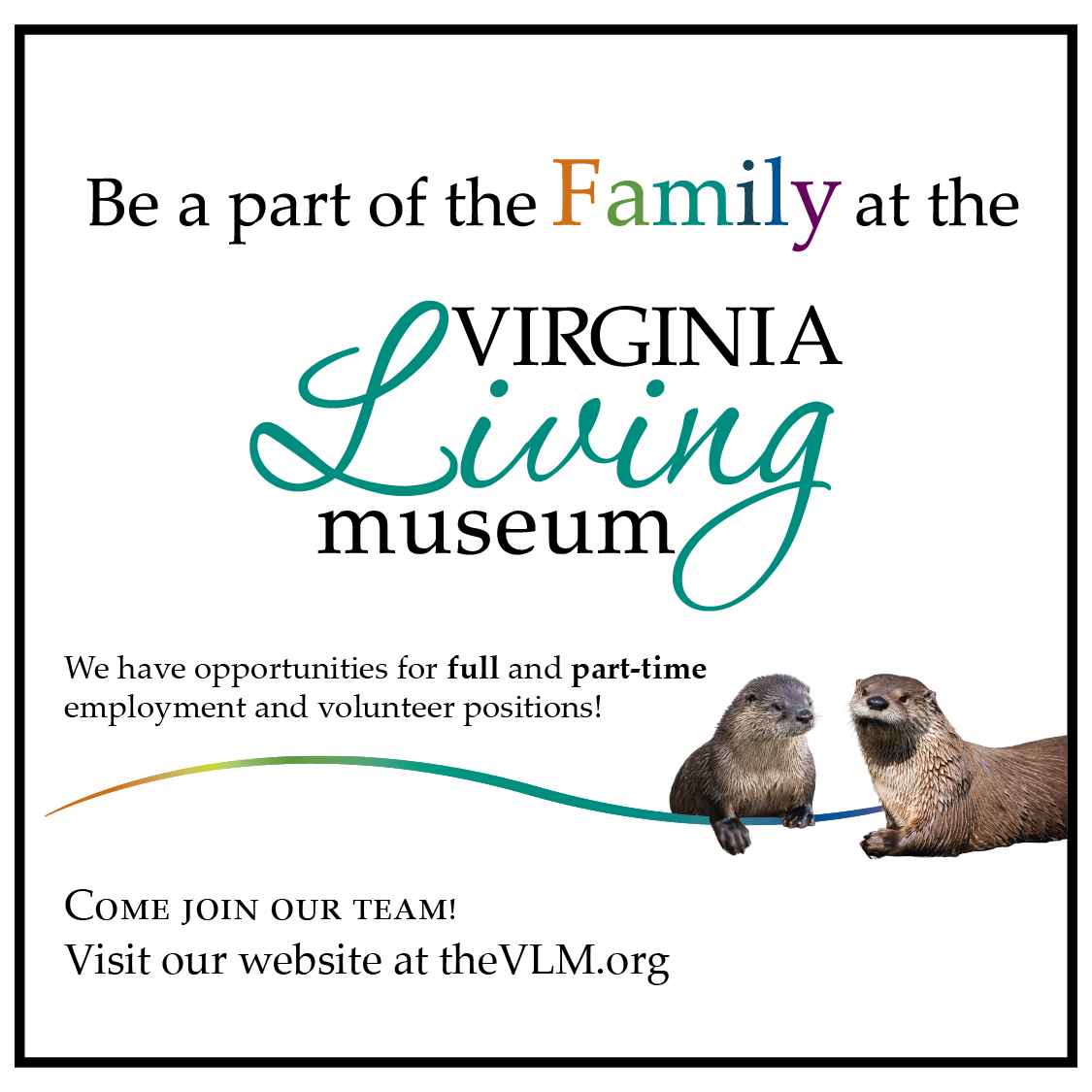NASA and the Fiscal Cliff
By Cosmic Strings In Cosmic Strings, NASASounds like the title of a fairy tale, doesn’t it? Alas, if only it were.
The fiscal cliff has been the subject of much discussion of late, of course, as our government has chosen to kick the can further down the road before dealing with the issue yet again. With discussions of this kind, there’s something often mentioned by well-meaning folks that just forces me to get out my soap box and hold forth.
It usually begins something like this…”They should just eliminate funding for NASA…we’ve got problems here at home, we don’t need to be worrying about space!”
I grit my teeth, take a deep breath, and find myself standing on the soap box yet again.
First and foremost, the point is often made that even eliminating NASA’s budget entirely would do little to save America much money. In 2011, NASA’s funding allocation represented 0.5% of America’s overall spending…but that 0.5% represents a full 35% of the total spending on academic scientific research in the United States. Trimming the budget by 0.5% won’t save us much…but slicing the academic research budget by one-third will cripple the course of scientific endeavour in the United States. We really, really cannot afford that.
  |
| How NASA spent its money in every state in the union in 2003. Courtesy Wikipedia. |
Second, listening to some politicians hold forth on the ills of NASA, and how their spacecrafts fail, costing the U.S. taxpayer millions of dollars…I sometimes wonder what they think NASA does with the money. Let me make one thing completely clear: NASA does not cram their spacecrafts full of dollar bills before launching them into space. Truly! All the money apportioned to be spent on a given mission is spent right here on the planet Earth. Each mission represents dozens, if not hundreds of well-paying jobs for Americans, companies which contract to NASA, and of course, technological developments with a wide range of applications. Believe me, the money spent on a spacecraft like Mars Observer was still well spent, even when the mission failed. What was lost was the science payoff. We missed out on learning amazing things about Mars when we lost contact with the spacecraft…but the money was still safely here on Earth, driving the economy forward.
  |
| An artist’s conception of Mars Observer at Mars. It wasn’t carrying any money. Courtesy NASA. |
Finally, few of us, myself included, fully understand the true benefits we have received from NASA’s exploration of the cosmos. There’s the intangible…the wonders of the universe revealed to us…a broader understanding of our own cosmic significance…and a sense of connection with something beyond ourselves. But let’s talk turkey here. Or perhaps LEDs. Or scratch-resistant lenses. Or aircraft anti-icing systems. Or fire-resistant reinforcement for buildings. Or firefighting equipment. Or water purification. Or solar energy. Or…okay I think you get the point. Hundreds of things we use in our everyday lives are made better thanks to technological advances made by NASA in preparing missions. Those new products and ideas are then made available for companies in the United States to use – by law, NASA cannot charge for them or hold any claim on them. So the next time you feed your little one nutritious, enriched baby food or you drive safely on the highway in slippery conditions thanks to roadway grooving or radial tires…remember that NASA made those things possible.
As I climb gingerly off my soap box, let me say this. The financial problems faced by America are serious, and cutting of the budget will certainly be required. NASA is by no means perfect, and there is always room for improving the way it uses the money it is allocated. But we need to consider long and hard whether in the long run we can safely do without NASA and its scientific research and development of new technologies. And indeed…the wonderment of discovering the universe around us is truly priceless.
Well, it’s rainy (again), lunchtime, and in a few hours I’ll be judging a science fair. Plus I need to grab some protein so I can be ready next time someone needs a good lecture from a soap box.
See you in two weeks!
Carpe noctem…at least once the clouds clear out.
Kelly







No Comment
Sorry, the comment form is closed at this time.